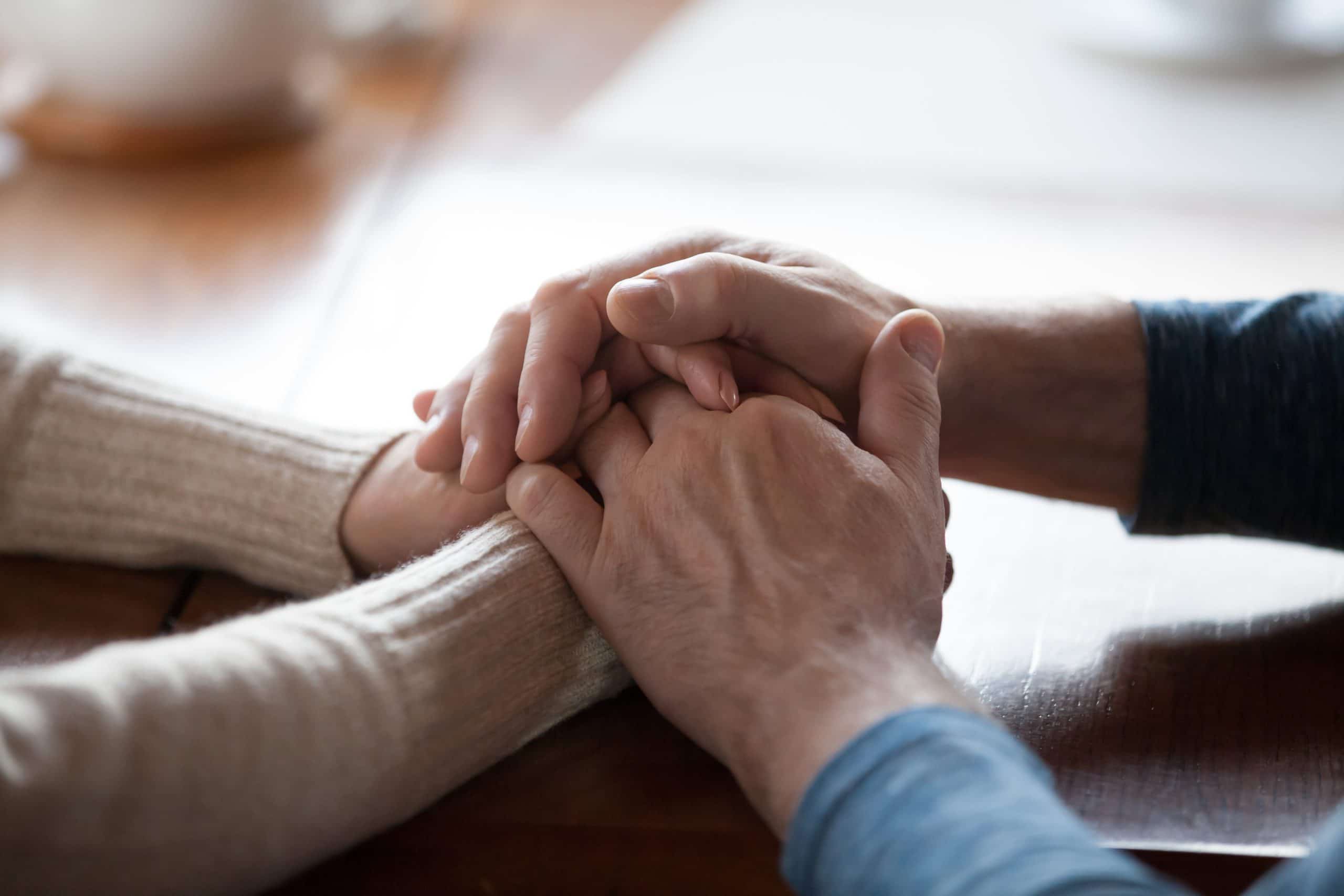There is no denying that addiction does not affect the addicted person only. Additionally, some causes of drugs and substance abuse can be traced back to family issues. That is why some experts refer to addiction as a family disease. In that case, successful treatment may require more than individual therapy. This article will teach you more about individual and family therapy for treating addiction.
What Is Individual Therapy?
Individual therapy is a session where one person (the client) is involved in the treatment or the therapeutic process. However, the session must come from a trained expert in therapy. Individual therapy enhances confidentiality, improves engagement through one-on-one interaction, and improves awareness through direct interactions and feedback. However, individual therapy may also come with some disadvantages, which include easy relapse. That is where family therapy comes in.
What Is Family Therapy?
Family therapy is a term often used for a group treatment that targets more than an individual. This treatment is based on the concept that families have a strong connection that can help improve results.
In the past, someone recovering from addiction would receive individual therapy. However, research has shown that a more integrated approach that includes the family has higher success rates. Family treatment is also low-cost.
How Can You Know That You Need Family Therapy?
Due to the challenges of individual therapy, many couples are recently opting for family therapy. But, how can you know when you need family therapy? Here is your answer:
- When a family member gets involved in drugs and substance abuse despite objections from the family.
- When one or many family members are affected mentally or physically, the effects of one drug and substance abuser.
- When you want to get involved in your loved one’s path to recovery.
- When other treatment approaches fail to work.
- When you believe family issues are the contributing factors to a partner’s addiction.
Research has shown that a couple’s family therapy reduces relapse rates, improves happiness in the family, and helps other family members cope with the situation.
Outpatient Versus Residential Treatment
Residential therapy is aimed at separating the addicted person from the environment associated with drug use. With this approach, the patient is taken away to a special facility for the duration of recovery.
However, residential treatment is often associated with higher rates of relapse when patients are finally released back to their home environment. Additionally, residential treatment is often costlier.
On the other hand, outpatient therapy and treatment programs are often based in the same environment. A couple’s treatment for addiction support comes in the form of an outpatient approach (both individual and family therapy).
Wrapping Up
At Evolve Indy, we understand that drug and substance addiction can affect the entire family. That is why we have prioritized treatment for the family unit, not just the individual. Our family therapy programs are designed to help you solve specific issues within the family setting and help your loved ones recover. We offer a wide range of couple’s family therapy programs to facilitate faster healing from addiction.

